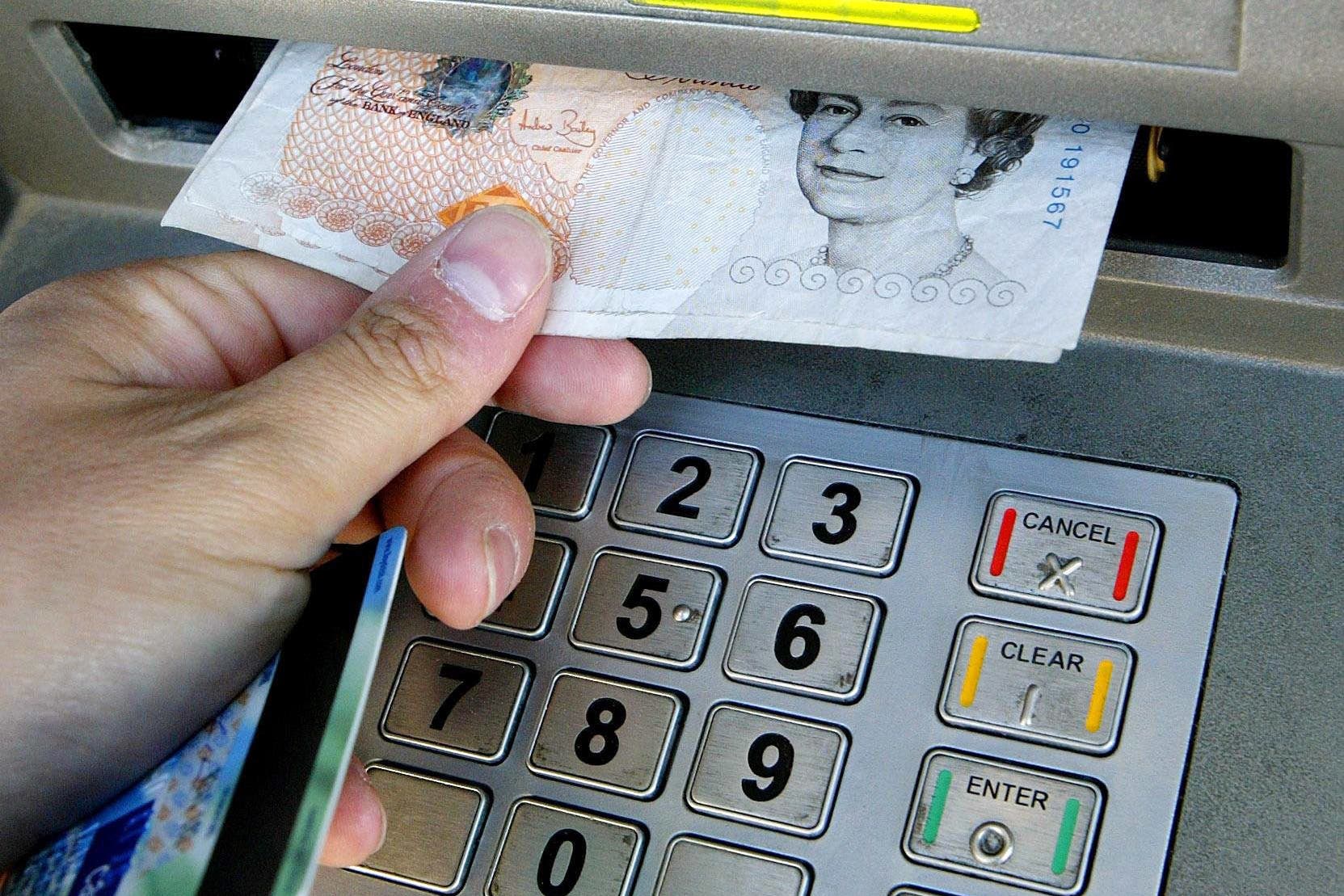45% of people ‘have visited places where cash was discouraged or not accepted’
One in five people found the lack of cash acceptance fairly or very inconvenient, according to research commissioned by ATM network Link.

Your support helps us to tell the story
From reproductive rights to climate change to Big Tech, The Independent is on the ground when the story is developing. Whether it's investigating the financials of Elon Musk's pro-Trump PAC or producing our latest documentary, 'The A Word', which shines a light on the American women fighting for reproductive rights, we know how important it is to parse out the facts from the messaging.
At such a critical moment in US history, we need reporters on the ground. Your donation allows us to keep sending journalists to speak to both sides of the story.
The Independent is trusted by Americans across the entire political spectrum. And unlike many other quality news outlets, we choose not to lock Americans out of our reporting and analysis with paywalls. We believe quality journalism should be available to everyone, paid for by those who can afford it.
Your support makes all the difference.Nearly half of people have recently been somewhere that has not accepted or has discouraged the use of cash, according to a survey.
Some 45% of people surveyed by YouGov between March 8 and 9 said they had been somewhere in the previous eight weeks where cash was discouraged or not accepted.
One in five (20%) found this fairly or very inconvenient, the research, commissioned by ATM network Link, found.
Locations where people said they had been unable to pay with coins and banknotes included restaurants, cafes and car parks.
Some people are going back to basics when managing their money, using cash to budget, saving loose change in coin jars and writing all their outgoings in one place
The findings indicated that people in London were particularly likely to have been discouraged or prevented from paying in cash and people in Northern Ireland were particularly unlikely to have been stopped from or put off using cash to pay.
When asked how people use cash to manage their finances, a fifth (20%) said they put spare change in jars or piggy banks.
Saving in jars or piggy banks was found to be most popular in Wales (32%), Scotland (30%) and Northern Ireland (25%).
The majority of people (71%) surveyed had used cash in the previous two weeks.
Graham Mott, director of strategy at Link, said: “We know many people are comfortable paying with cards or online, but there are still millions of people who don’t use technology and this is problematic.
“It’s also interesting to see cash used for saving and that some people are going back to basics when managing their money, using cash to budget, saving loose change in coin jars and writing all their outgoings in one place.”
More than 2,100 people across the UK were surveyed.
Being excluded from paying for things with cash exacerbates the problems that many older people are already facing
Caroline Abrahams, charity director at Age UK, said: “Older people are constantly telling us how left behind they feel, and how much more harder life is when they are unable to use cash.
“Many older people view cash as the most reliable and straightforward way to pay for goods and services, as well as an effective means of managing their weekly budget when money is extremely tight – as it is for the majority at the moment.
“Being excluded from paying for things with cash exacerbates the problems that many older people are already facing, especially for those who don’t have a smartphone, easy access to online or mobile banking, or a debit or credit card.”